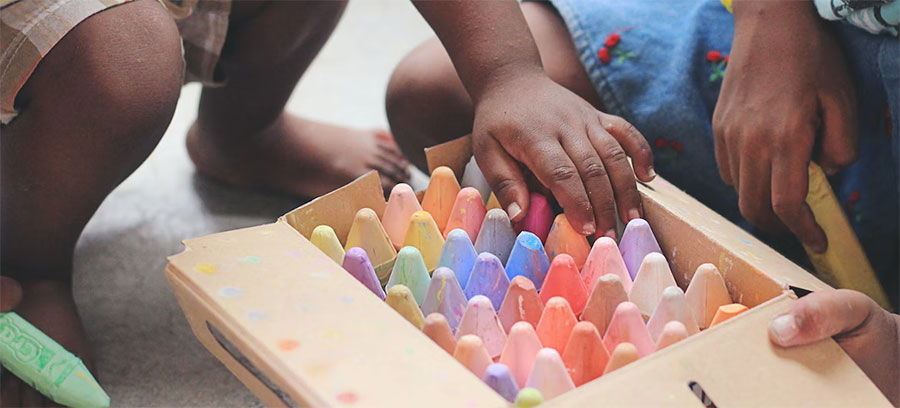
23 Jul Sharing, turn-taking and autism – a skill that needs to be taught!
Sharing is a complex social skill that many young children on the autism spectrum struggle with. Young autists can find the concept of “turn-taking and/or sharing” difficult to understand.
Sharing and turn-taking – in an autism school is taught daily! Autism schools, Autism therapy centers, or Early Intervention Centers will incorporate many techniques in their lesson plans to encourage sharing and turn-taking. These techniques are also taught at different levels to ensure the individualized learning styles of the children are met.
The concept of sharing and turn-taking can be taught using a variety of activities such as:
- Lead by example – incorporate the concept of sharing in your everyday life and talk about sharing.
- Label “sharing opportunities” so the child can learn how to identify them.
- Model turn-taking – for example, if a child is engaged with a game or a puzzle, introduce a second child or adult and allocate elements of the game or puzzle to each of the players. Get the children to take turns.
- Introduce visuals during interactive play sessions. Use a turn-taking token or PECS communication card, during a game to indicate whose turn it is. Children with autism will soon realize that it is their turn only when they are in possession of PECS card/token.
- Use positive reinforcement to establish good sharing habits and make sure that you acknowledge the child, thank the child, and congratulate the child for successfully sharing or waiting their turn.
- Introduce emotion cards – these PECS cards can help students with autism recognize different emotions in themselves and in others.
- Help your child notice when other people share with them and teach them to acknowledge it. By showing them how it benefits them you can help your child have a better understanding of why it would be a good idea for them to share with others.
Society tends to think that people on the autism spectrum aren’t considerate of others. Honestly – nothing can be further from the truth. Children with autism can be just as compassionate and helpful as any other child.

